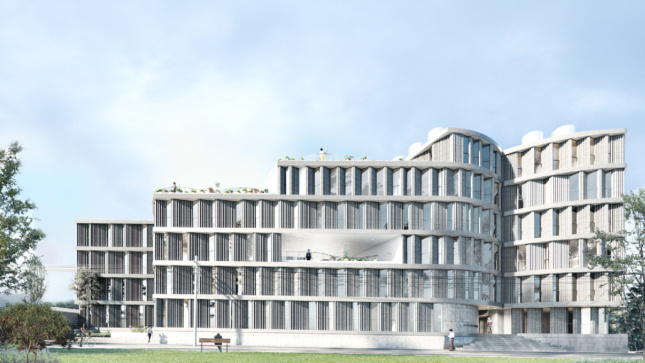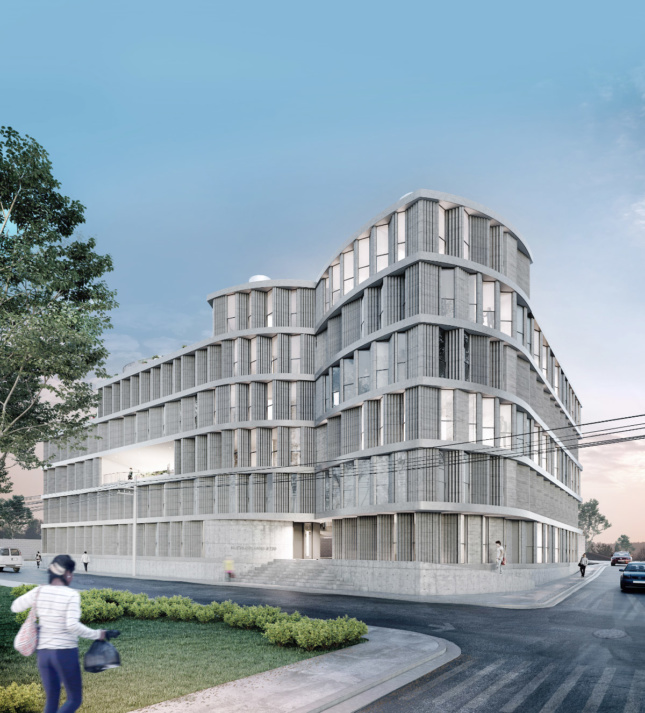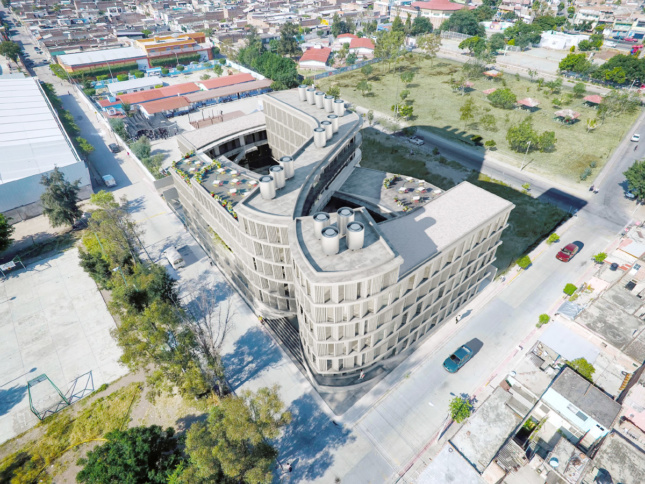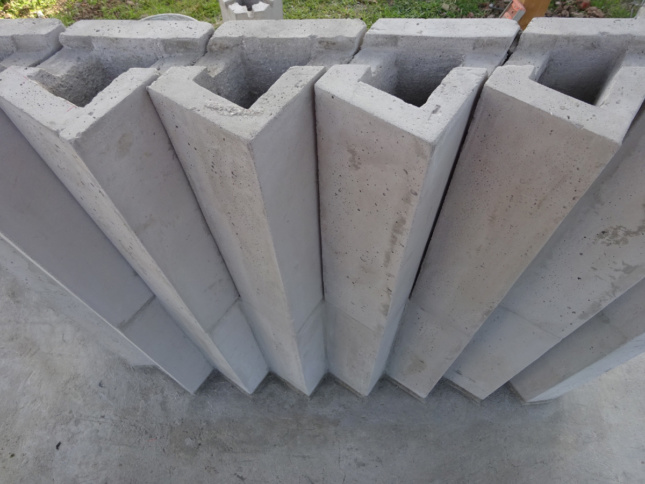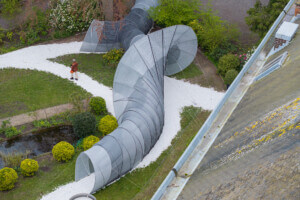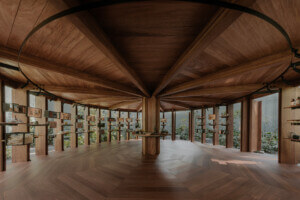For many in Mexico, the phrase “social housing” conjures images of vast housing tracts falling into disrepair, abandoned by workers tired of two-hour commutes. While architects and planners look back to understand what went wrong in the country’s early-2000s push to build affordable housing on city outskirts, authorities and designers are also looking ahead to explore alternative strategies.
The Municipal Housing Institute (IMUVI) of León, a city of 1.6 million people in the central state of Guanajuato, invited Brooklyn firm SO – IL to collaborate on the design of a new prototype for social housing in the city’s center, and the team broke ground on the result, the Las Américas project, in May. Designed for low-income families, the building includes 56 apartments, most of which will be sold at far-below-market rates.
Guanajuato is traditionally known for its artisanal leatherworking, but more recently, rapid growth in the auto-manufacturing industry has transformed the region; León’s population has doubled since the 1980s. Like many Mexican cities, it grew outward, with limited government planning. Some new arrivals built informal settlements on the city edges or, with access to credit, bought into exurban subdivisions. IMUVI faces two monumental tasks: regularizing the informal settlements, which requires extending utility services and other infrastructure and building housing for those who still need it. According to Amador Rodríguez, director of IMUVI León, 45 percent of the city’s residents don’t have access to federal housing credit or traditional bank loans. Rodríguez estimates that the city needs another 80,000 housing units to meet the demand.
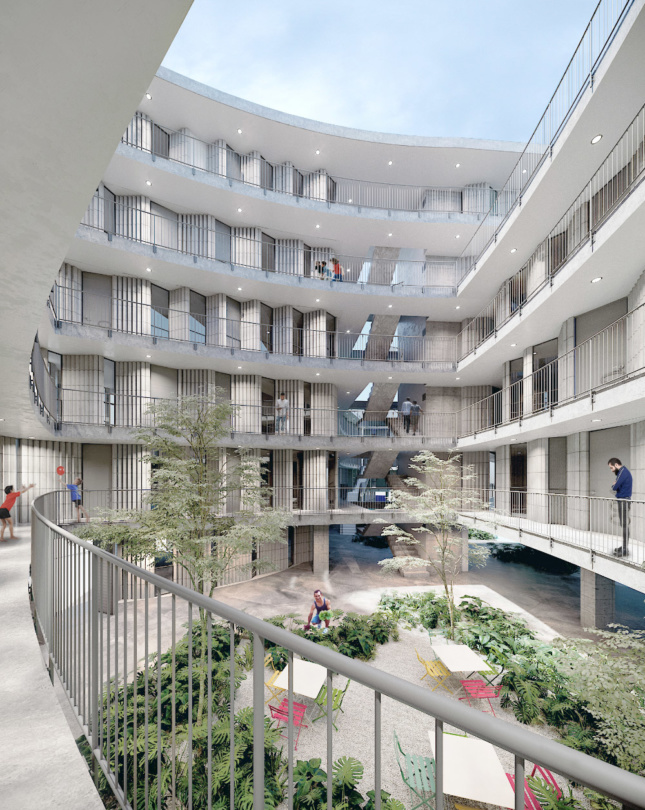
Instead of building more units on the outskirts, far from schools, jobs, and services, IMUVI has committed to densifying the city center. Working with SO – IL, IMUVI identified a lot in a downtown neighborhood to build Las Américas, a 62,431-square-foot complex of one-, two-, and three-bedroom apartments.
SO – IL’s partnership with IMUVI began when Florian Idenburg, the firm’s Dutch co-founder, was invited to Mexico to share his experience with the firm’s New York City micro-housing project tiNY, lessons from which informed Las Américas.
“Affordability should not go against quality,” said Idenburg. “And one of the qualities that is very important to us is light.”
Thanks to single-loaded open-air corridors, the apartments in Las Américas receive natural light from at least two sides. No two units directly face each other, maintaining both density and privacy. The housing block wraps around two shared courtyards, while openings in the building’s mass create additional, elevated common spaces. Exterior stairwells link each level. Idenburg said these features foster interaction between neighbors and a sense of community.
“It was very refreshing to work with this team in León,” Idenburg said. Even with a limited budget, he said, there are opportunities for customization in Mexico that can lend character to what could otherwise be a uniform building. The team worked with local fabricators to develop a precast concrete brick that can be installed in different positions, creating a variety of wall textures for the apartments. “We made really nice custom windows that are hand-welded,” he added. “You probably wouldn’t be able to do that in the United States because of cost.”
The design process included workshops and meetings in León to understand the needs of low-income families. SO – IL worked pro bono on the project. “It was a very productive collaboration,” said Idenburg. “Everything was very collective.”
While construction continues, IMUVI is identifying families to move into Las Américas. Out of a total of 56 apartments, 44 will be priced at just under half a million Mexican pesos (about $25,000), the legal limit for a social housing unit. The remaining 12 units will be available at market price to families with federal Infonavit (workers’ housing) credit.
“I hope other people will see our project and think it is possible to achieve density and affordability in the city center,” Idenburg said. Finding central but affordable lots is an ongoing challenge for agencies like IMUVI, but Idenburg hopes Las Américas can become a model for social housing in city centers and inspire projects in developing economies facing similar conditions.






